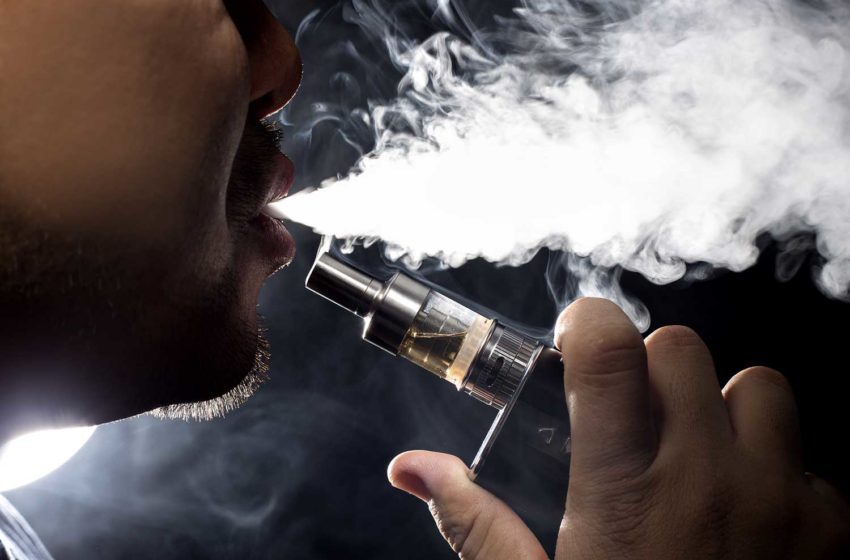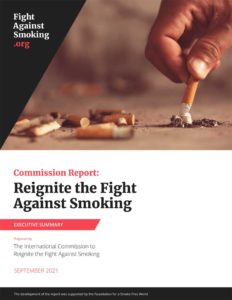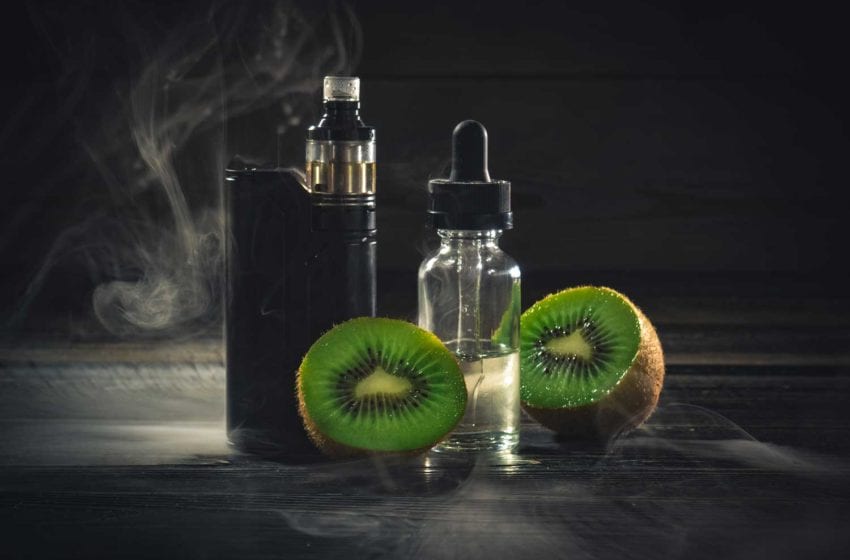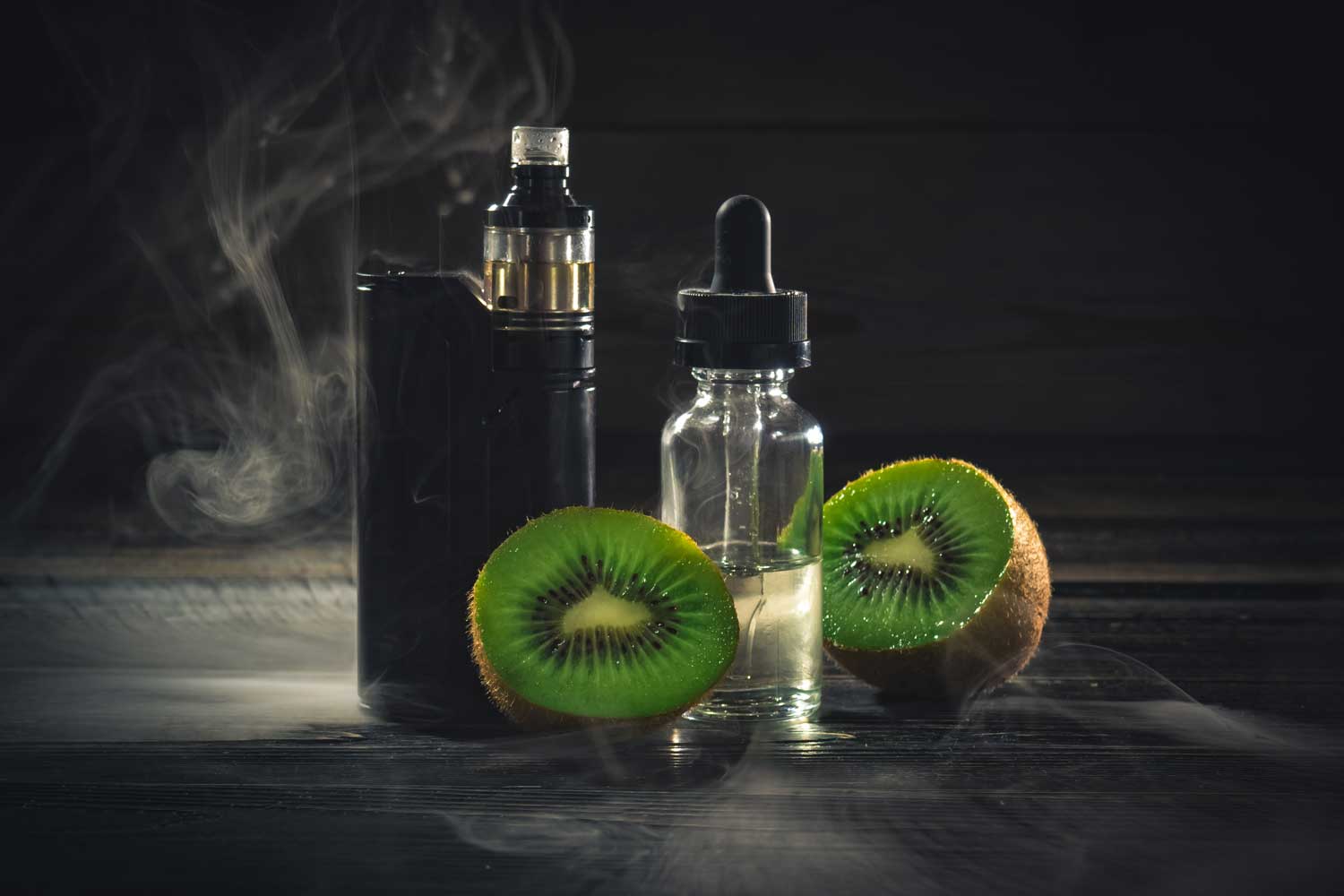 The U.S. Food and Drug Administration has issued an administrative stay of its marketing denial order (MDO) for nontobacco flavored bidi sticks, pending the agency’s review of Bidi Vapor’s request that the MDO be rescinded based on product-specific scientific evidence in its premarket tobacco product applications (PMTAs).
The U.S. Food and Drug Administration has issued an administrative stay of its marketing denial order (MDO) for nontobacco flavored bidi sticks, pending the agency’s review of Bidi Vapor’s request that the MDO be rescinded based on product-specific scientific evidence in its premarket tobacco product applications (PMTAs).
Bidi Vapor’s flavored Bidi Sticks may remain on the market without the threat of enforcement while the FDA reviews the company’s request.
Bidi Vapor submitted PMTAs for all 11 flavor varieties of its Bidi Stick. The applications ran over 285,000 pages and contained information supporting the products as appropriate for the protection of the public health.
On Sept. 29, 2021, Bidi Vapor filed a Petition for Review with the U.S. Court of Appeals for the 11th Circuit, seeking judicial review of the MDO under the Tobacco Control Act, the Administrative Procedure Act as well as the U.S. Constitution.
“We appreciate FDA’s decision to stay, or put on hold, the MDO as it reconsiders its denial,” said Bidi Vapor Niraj Patel in a statement. “As we explained to the agency, Bidi Vapor submitted scientifically rigorous PMTAs that contained product-specific evidence demonstrating that the added benefit of our flavored Bidi Sticks to adult smokers outweighs any potential risks to youth, especially considering our stringent youth-access prevention measures and commitment to mature, adult-focused marketing.”
“That said, we are still seeking a formal, judicial stay from the appellate court pending the outcome of the lawsuit,” Patel noted.
The company has now filed a Motion for Stay Pending Review with the 11th Circuit Court of Appeals citing the “irreparable harm” it continues to suffer from the MDO.
Multiple companies have challenges their MDOs in recent weeks. In early October, the FDA rescinded MDOs it has issued to Turning Point Brands and Fumizer, placing their products back under review.
According to Filter, Triton, Bidi and Gripum recently received some temporary form of stay, and My Vape Order has demanded a recission due to the fact its PMTA includes some of the same data and studies that also appears in TPB’s applications.











